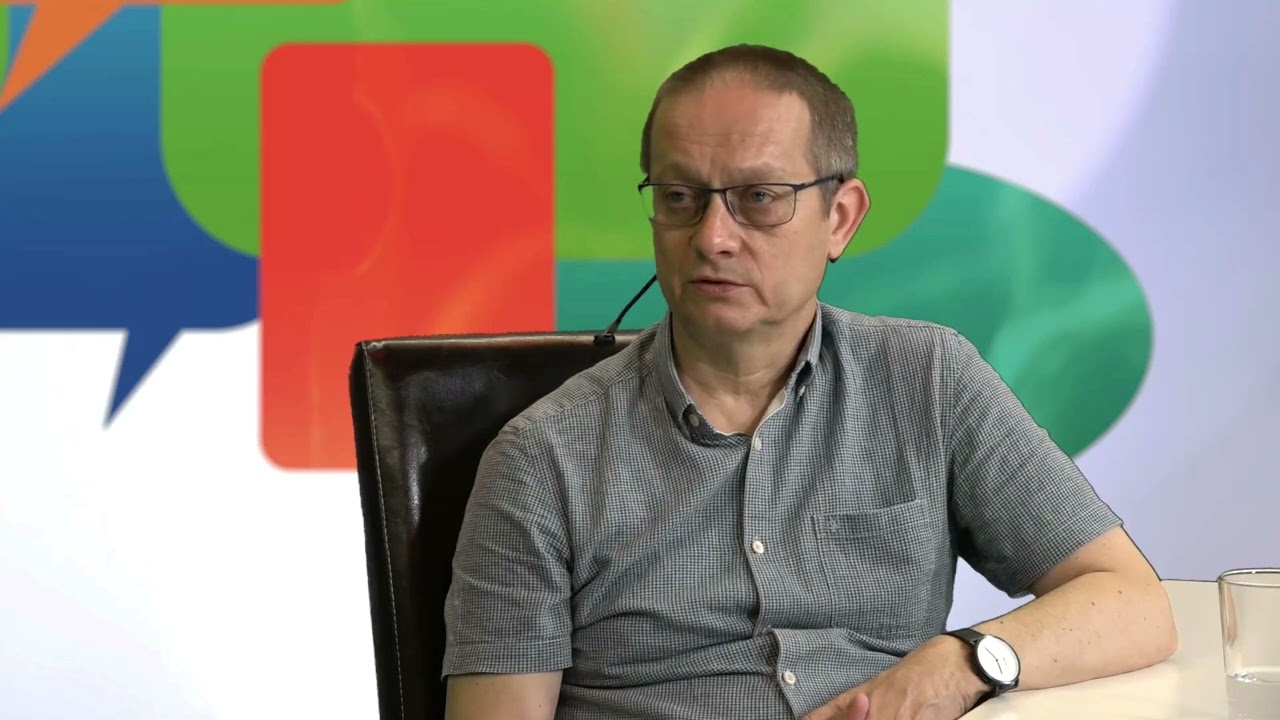The coronavirus pandemic has affected many aspects of our lives, including the way we communicate with doctors. Most relationships with doctors are now online and the development of telemedicine technologies has been accelerated. These tools have proven to be very effective in reducing direct contact between patients and medical facilities, which is important in the current pandemic situation.
Telemedicine will certainly change the way patients and doctors communicate. Many people will start using these solutions to obtain medical advice or consult a doctor remotely. This will avoid the need to visit a doctor's office, reducing the risk of coronavirus infection.
Telemedicine will continue to develop and become more widespread. It will have an impact on the way doctors run their practice and how patients use medical services. It is worth familiarising yourself with these solutions and using them if you need medical advice or a consultation with a doctor.
With the development of technology and more widespread access to smartphones and apps, the medical industry is also increasingly using new technologies in its work. Many psychotherapeutic interventions, such as conversations with patients about their private matters, can take place via the corresponding apps, which is praised by patients for being able to contact their therapist quickly.
Real-time reporting of patient problems can also be facilitated through the use of technology, helping doctors with diagnosis.
Nevertheless, in some medical specialities, a personal presence in the physical space may still be necessary. Therefore, as technology develops in this field, medical professionals will need support, including IT, to deal with the increasing amount of data to be analysed.
Technology and IT tools are essential in medicine to enable doctors to process data in a clear and accessible way. Simple advice on uncomplicated matters will also evolve, but some situations require direct contact with the patient. For example, it is difficult to diagnose a lesion on a patient's skin using telemedicine. Therefore, part of medicine will remain 'analogue' because some things simply cannot be done without direct contact with the patient. Nevertheless, telemedicine is very useful in many situations, such as prescription exchanges or chronic disease management.
